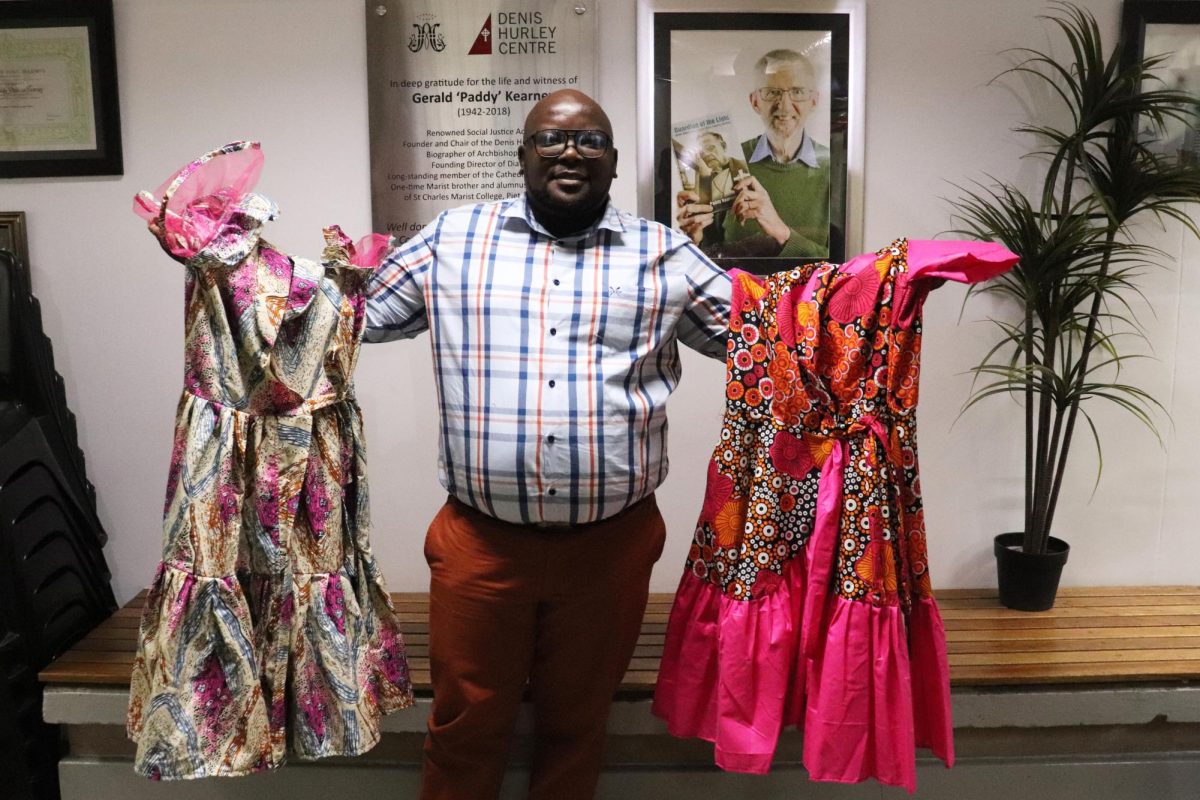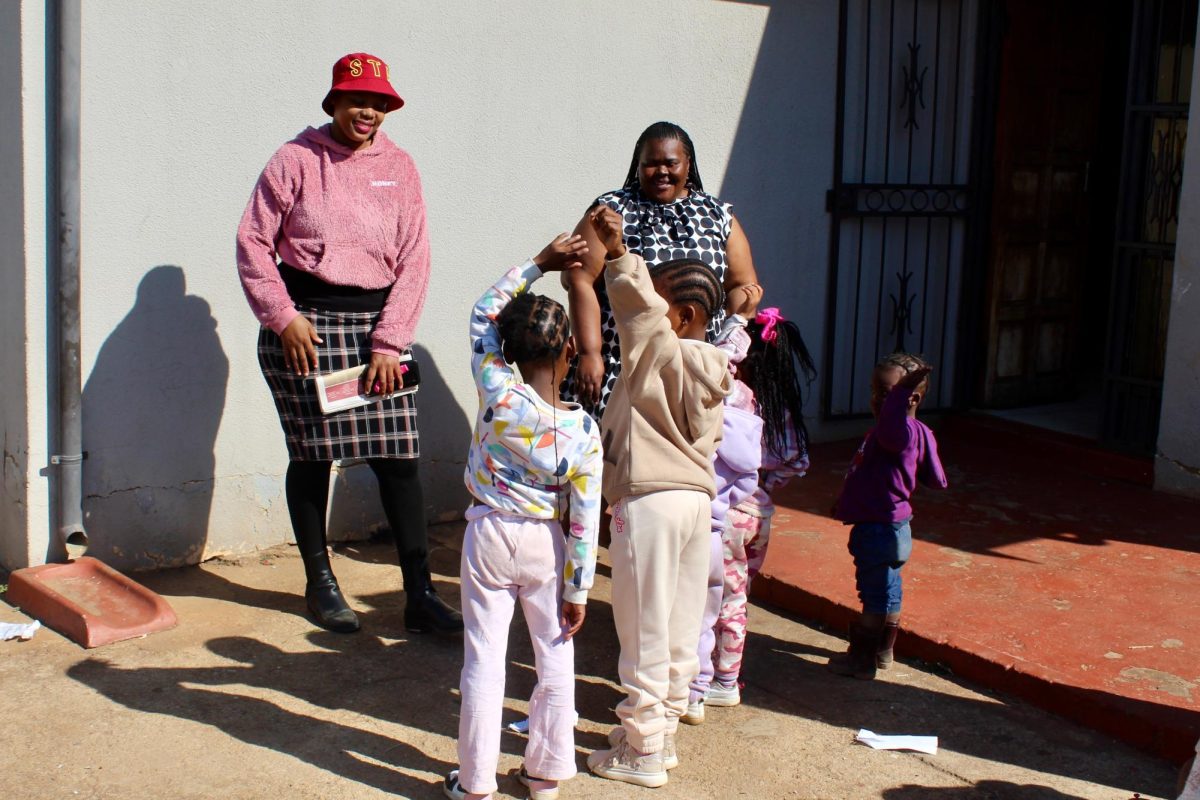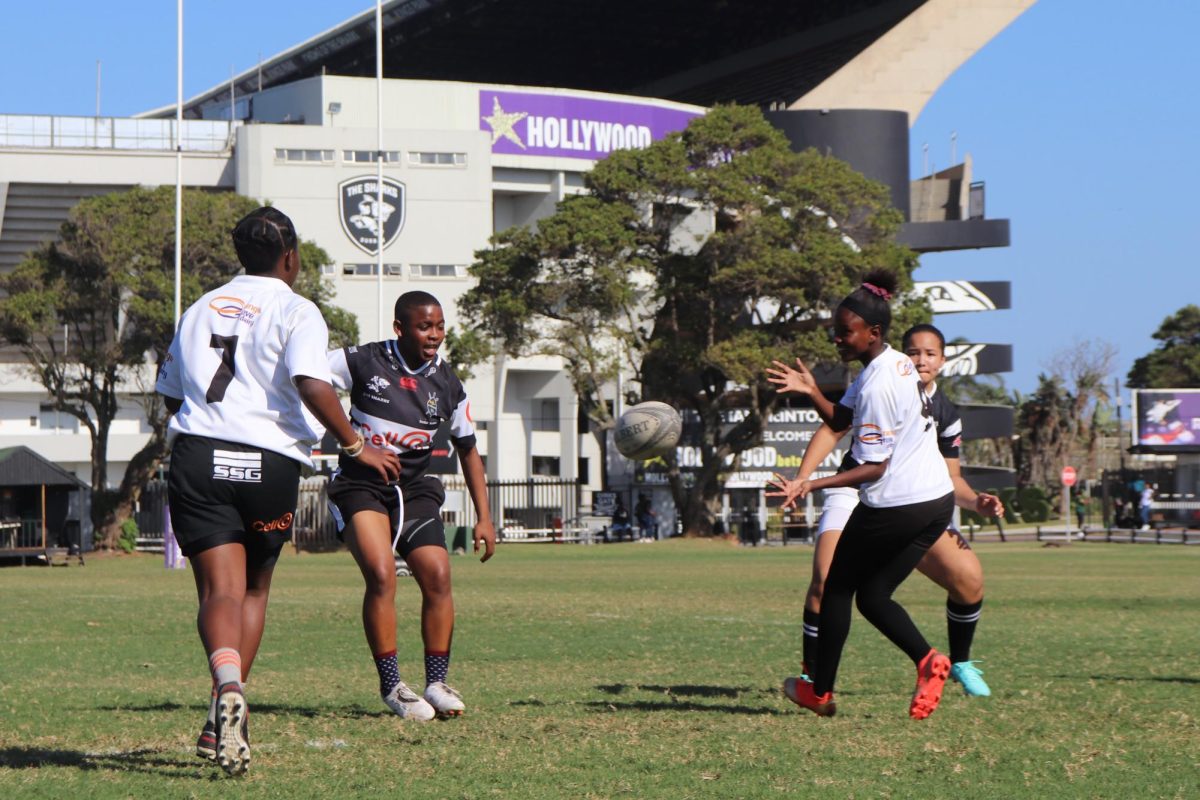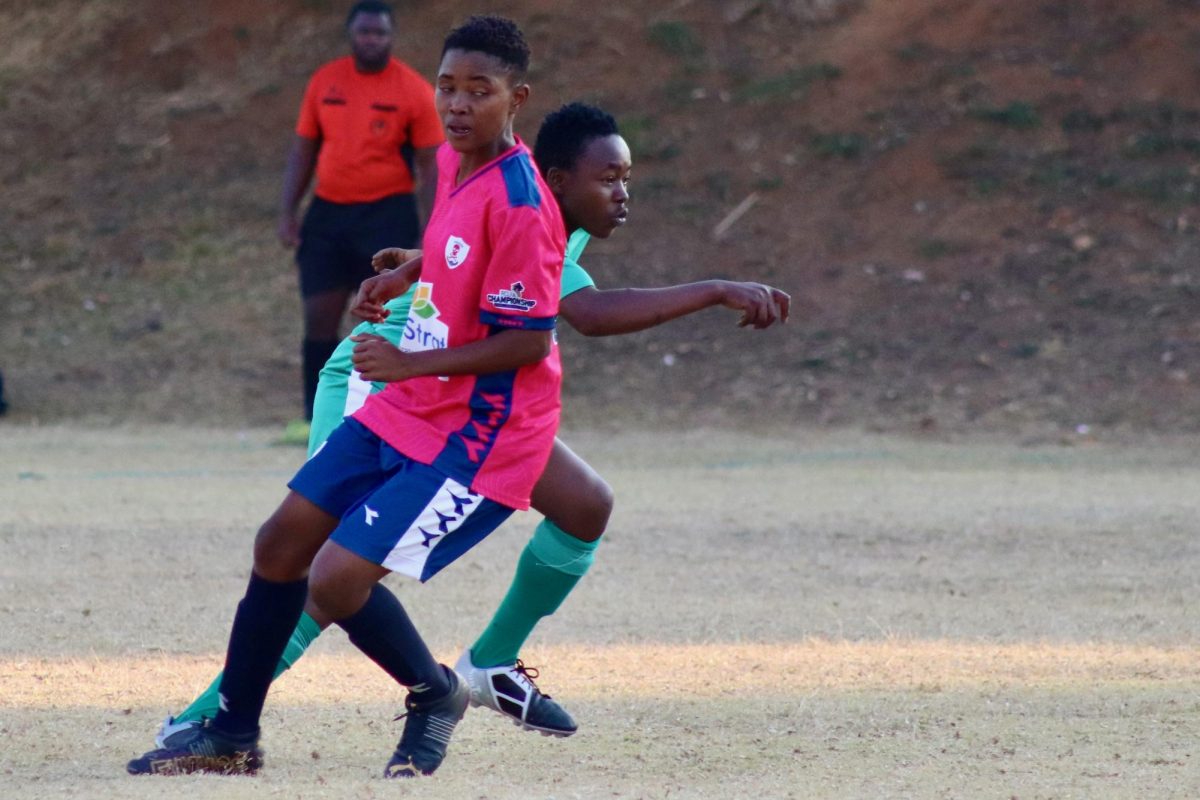Our role as part-time Philadelphia residents
The national rollout of COVID-19 vaccines has disproportionately benefited white Americans, despite Black, Indigenous and people of color (BIPOC) being disproportionately impacted by the coronavirus pandemic. As St. Joe’s students, we are short-term, predominately white residents in our West Philadelphia neighborhood, which is a primarily Black and brown community. Therefore we must be mindful of our privilege and think about how we need to give priority to long-term residents so that the most impacted and vulnerable receive the vaccine before ineligible St. Joe’s students receive them.
Systemic racism and racial inequities built into the U.S. health care system is a major factor in why BIPOC communities are most impacted by the coronavirus pandemic. This explains, in part, the unequal vaccine distribution as this system fails to provide adequate services to communities of color.
Within the first month of vaccines being administered in the U.S., approximately 13,000,000 people received the vaccine; 60% of those people were white Americans. Philadelphia, a primarily Black and brown city, reflects these national trends with 164,057 residents being fully vaccinated and of those vaccinated, 26.42% are white, compared to 13.6% being Black, according to the City of Philadelphia as of March 21.
According to the 2019 U.S. Census data, about 34% of residents of Philadelphia county are white. Data from the Philadelphia Department of Public Health indicates that 19.4% of 1,579,305 Philadelphians were partially vaccinated as of March 22. Of those who are partially vaccinated, 26.2% are white, 26.8% are Asian, 13.6% are Black and 11.2% are Hispanic.
In order to address the racial disparities seen in the already limited vaccine distribution, the Federal Emergency Management Agency (FEMA) opened walk-up vaccinations for 22 underserved zip codes, primarily BIPOC communities, in Philadelphia. While this expanded availability was made to support these underserved communities, it has actually widened the gap between white and BIPOC vaccinations.
Half of St. Joe’s campus is located in one of the underserved zip codes, 19131, which is a primarily Black and brown area designated by FEMA to receive the COVID-19 vaccine. St. Joe’s students, a predominantly white community, must be cognizant of the vaccine distribution gap between BIPOC and white people.
Yes, St. Joe’s students who fall into the 1A or 1B category made by the Centers for Disease Control and Prevention (CDC), which includes individuals who are immunocompromised or working high-risk jobs, should use this opportunity to get vaccinated. However, for those who do not fall into these categories, using one’s nonpermanent zip code, such as 19131, to get the vaccine earlier creates ethical dilemmas. If there is an inadequate supply of vaccines in your zip code, making vaccine appointments in your neighborhood takes away opportunities for permanent residents who need it the most.
Again, this is not to say that students should not get vaccinated. While we encourage everyone to get vaccinated if the opportunity arises, when it is their turn, we also want members of the St. Joe’s community to be aware of our privilege.
The website Extra Vaccine Notifier allows you to sign up for extra vaccines that become available in your area, vaccines that are likely to be thrown out due to the short shelf life of the COVID-19 vaccine. Using a resource such as this allows for you to have a chance at getting vaccinated while not taking appointments away from BIPOC communities such as the ones surrounding St. Joe’s.
As a university, we need to acknowledge the disparities in vaccine distribution and live up to our duty to live and act for the greater good, especially in the interests of those who are most vulnerable.
-The Editorial Board






























